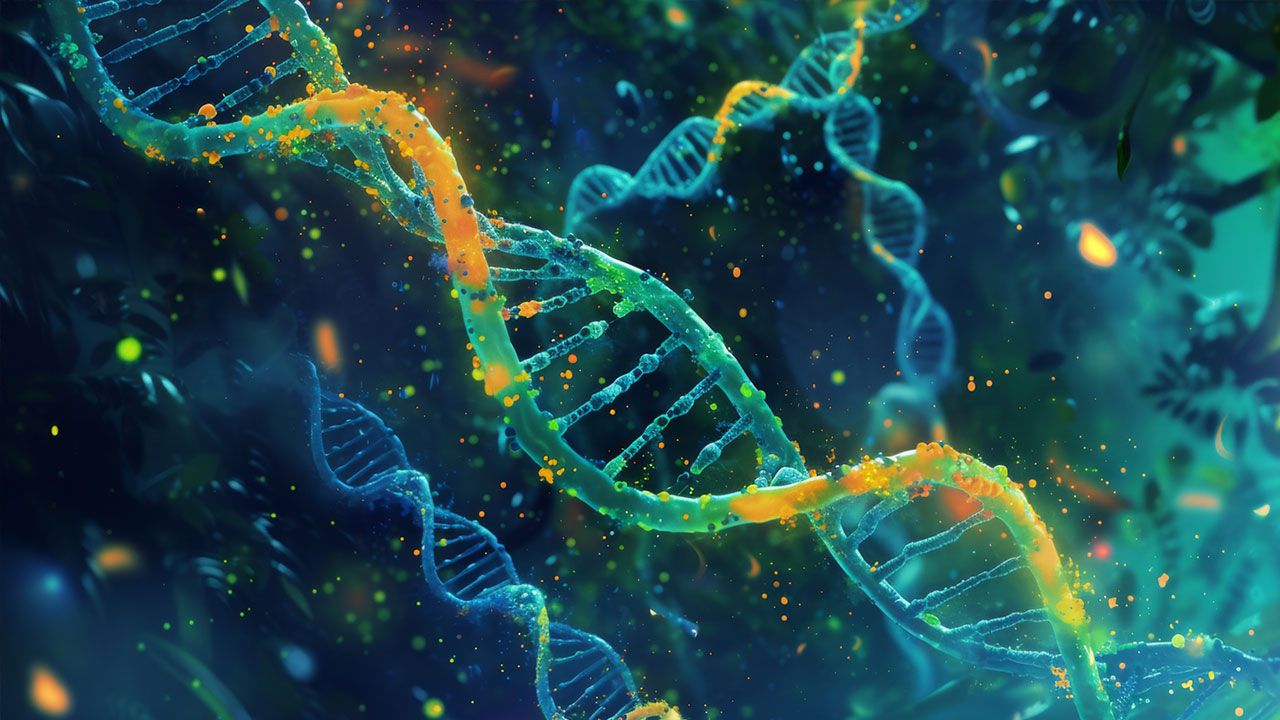🧬 The MTHFR Gene, Nutrient Deficiency & ADHD: What Every Parent Should Know

If you’ve been on a journey to support your child’s ADHD, anxiety, or learning differences, chances are you’ve come across the term MTHFR—and wondered what in the world it means.
The MTHFR gene is one of the most important—and misunderstood—factors in brain health, especially in kids with ADHD. The good news? If addressed properly, it’s easy to support with targeted nutrition and lifestyle changes.
🧠 What Is the MTHFR Gene?
MTHFR stands for methylenetetrahydrofolate reductase, an enzyme that helps your body process folate (vitamin B9) and convert it into its active form, methylfolate. This active form is essential for a process called methylation—which is how your body detoxifies, creates neurotransmitters, and regulates gene expression.
If you or your child has a mutation in this gene (commonly the C677T or A1298C variant), the body can’t convert folate efficiently—and that can lead to a cascade of symptoms, including:
- Trouble detoxifying chemicals, food dyes, and medications
- Poor ability to break down stress hormones like adrenaline
- Higher levels of homocysteine (linked to inflammation and mood swings)
- Lower production of serotonin, dopamine, and melatonin
- Greater likelihood of ADHD, anxiety, irritability, or sleep issues
🚸 Why It Matters for Kids with ADHD
ADHD is not just a dopamine issue—it’s a metabolic and methylation issue, too.
If a child can’t properly process B vitamins like folate and B12 due to an MTHFR mutation, they may struggle with:
- Emotional dysregulation
- Focus and memory challenges
- Sleep problems
- Poor detoxification of food additives, heavy metals, and medications
MTHFR mutations are very common—affecting up to 40% of the population—and even more common in those with ADHD or mood-related conditions.
🥩 How to Support MTHFR Naturally
The goal isn’t to “fix” the gene—it’s to support the body with nutrients it can use, and to remove the obstacles (like inflammatory foods) that make things worse.
✅ Best Foods for MTHFR Support:
- Grass-fed red meat – Provides highly bioavailable B12, iron, zinc, and choline, all crucial for methylation.
- Eggs – Contain choline and sulfur compounds needed for detoxification.
- Liver & organ meats – Nature’s multivitamin, rich in folate, B2, B6, and copper.
- Dark leafy greens (lightly cooked) – Naturally rich in folate.
- Fermented foods – Support gut bacteria, which help produce and absorb B vitamins.
- Bone broth – Provides glycine and collagen to support detox and methylation pathways.
✅ Key Supplements to Consider (under supervision):
- Methylated folate (5-MTHF) and methyl B12
- Magnesium glycinate
- Zinc and vitamin D
- Liposomal glutathione for detox support
🚫 What to Avoid
- Synthetic folic acid (often added to breads, cereals, and prenatal vitamins)—it blocks real folate from being used properly
- Processed foods with dyes and additives—harder to detox
- Seed oils and refined sugar—fuel inflammation and deplete nutrients
- Over-the-counter supplements with non-methylated B vitamins
💡 How Easy Is It to Address?
Very easy—with the right information and support.
Unlike some genetic conditions, MTHFR is highly manageable with:
- Nutrient-dense foods (especially animal-based)
- Avoidance of synthetic additives and toxins
- Targeted supplementation if needed
- Supporting gut and liver health through real food
Once you shift from “standard nutrition” to ancestral, bioavailable nutrition, many kids experience better focus, fewer meltdowns, improved sleep, and a greater sense of calm.
✨ Final Thoughts
If your child has ADHD, anxiety, mood swings—or even just trouble sleeping or focusing—it’s worth asking: Could an MTHFR mutation be playing a role?
Supporting methylation isn’t complicated. It starts with real food: red meat, liver, eggs, and vegetables—not boxed cereals and fortified grains. The results can be life-changing.
“Genes load the gun, but environment pulls the trigger.”
Supporting your child’s genes through nutrition is one of the most empowering steps you can take.


